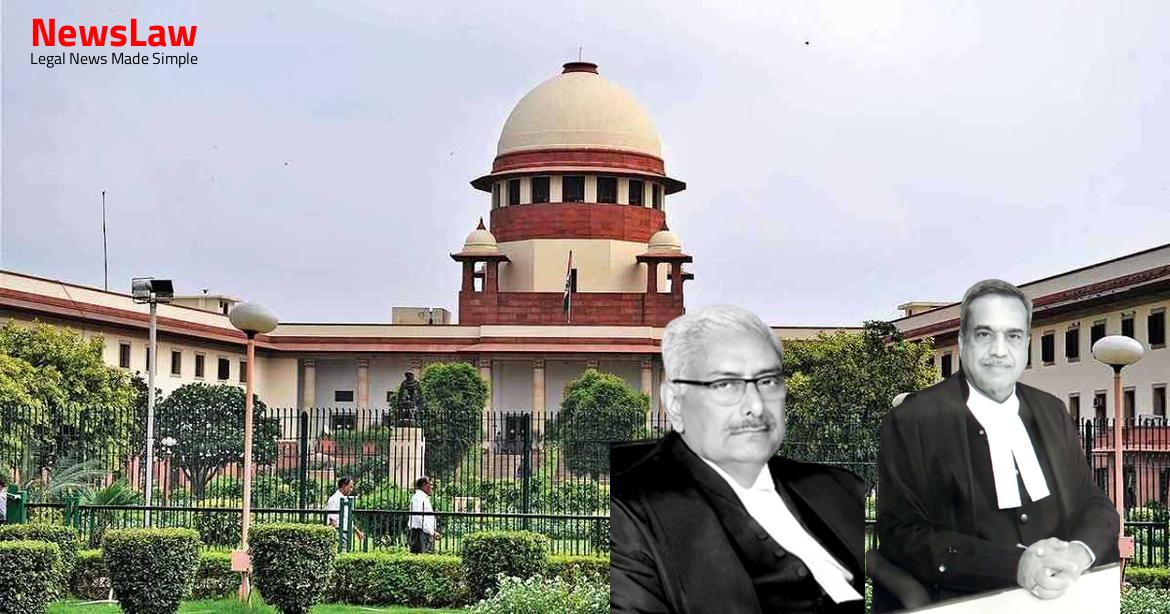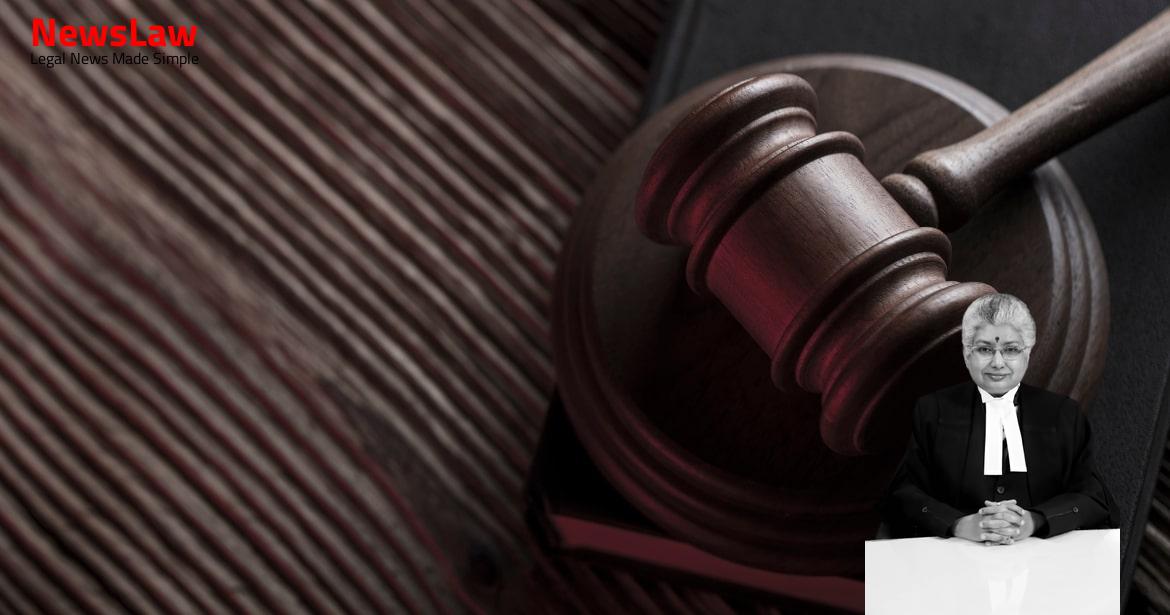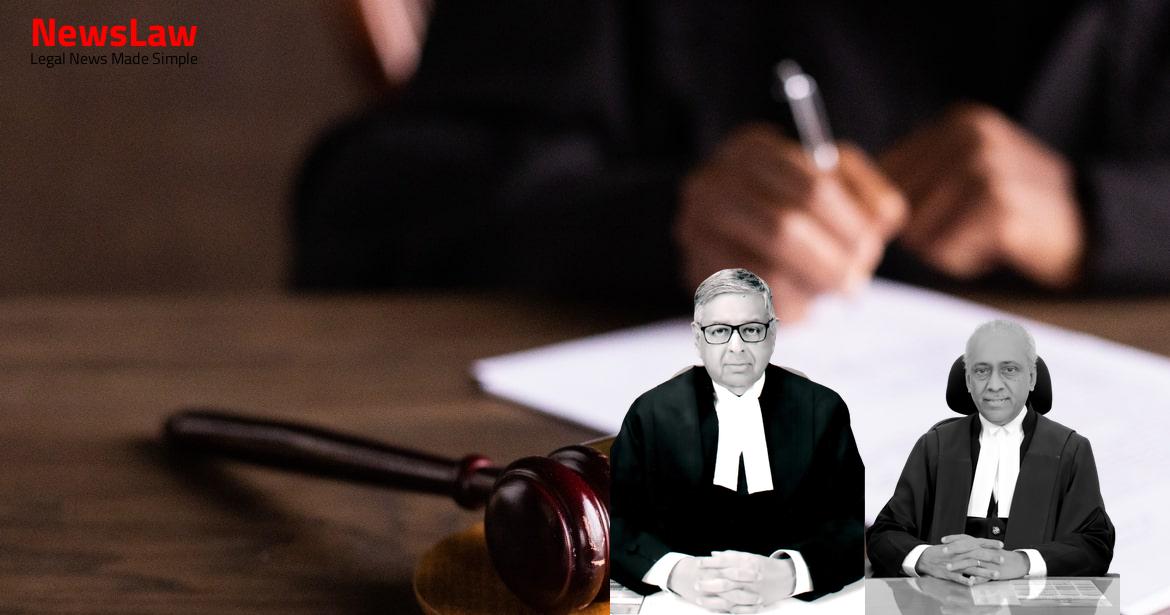In the case of Loknath Behera vs. State of Odisha, the Supreme Court of India has delivered a significant judgment on grant-in-aid entitlement. The case delves into the rights of educational institutions to receive aid from the State Government as per the Odisha Education Act. Learn more about the legal intricacies and implications of this landmark decision.
Arguments
- Shri Ashok Parija, Advocate General for the State of Odisha stated that the High Court and the State Education Tribunal made errors by entertaining the claims of the employees.
- The actions of the High Court and the Tribunal were deemed to be in gross violation of the law.
- The submissions made by the employees were considered to be improperly entertained by the judicial bodies.
- Employees have the right to receive grant-in-aid as per the Order of 1994 for posts existing before 1.6.1994
- The grant-in-aid is applicable upon completion of 5 years or 3 years of service, depending on the case
- The appointments made before 1.6.1994 are eligible for the grant-in-aid
Also Read: Urs Family Property Dispute: Supreme Court Decree
Analysis
- Institutions recognized under the Act do not have an automatic entitlement to receive grant-in-aid.
- Only institutions recognized by the State can claim aid from the State Government.
- Private educational institutions can only receive aid under specific orders or rules after the commencement of Odisha Education (Amendment) Act, 1994.
- The State Government has the authority to determine the date for releasing grant-in-aid.
- Posts must be filled on a full-time basis for the qualifying period and individuals must be qualified for the position.
- Eligibility for a post is determined as per Paragraph 9(4).
- Institutions without prior grant-in-aid can receive aid in a phased manner as per Paragraph 10(3).
- Government aid to educational institutions is subject to the State’s economic capacity and annual budget allocation.
- The Orissa Education Act, 1969 was amended in 1994 with the insertion of Section 7-C outlining grant-in-aid provisions.
- The Orissa (Aided Colleges, Aided Junior Colleges, and Higher Secondary Schools) Grant-in-aid Order, 2008 repealed the 2004 order.
- The High Court in Loknath Behera opined that the provisions of the Order of 1994 cannot be invoked to obtain grant-in-aid.
- Grant-in-aid cannot be claimed as a matter of right merely on completion of the prescribed period.
- The right to take advantage of a provision is not saved after the repeal of the Order of 1994.
- Applications for grant-in-aid under the repealed Order of 1994 were filed belatedly by the employees.
- Grant-in-aid under the Order of 1994 cannot be claimed retrospectively after its repeal.
- No automatic accrual of right for receiving grant-in-aid, as it is dependent on various factors and discretionary.
- The applications filed after the repeal of the Order of 1994 could not be entertained due to laches and delay.
- Order of 2009 changed the criteria for Block Grant based on the financial capacity of the State Government.
- The provisions of the Orders of 1994 and 2004 do not save pending applications or rights to claim grant-in-aid post repeal.
- The decision in Loknath Behera case was deemed incorrect as it goes against the vested right to claim grant-in-aid once accrued and vested.
- Representations for grant-in-aid under the Order of 1994 were filed very late in 2011-12, hence not valid.
- Repeal clause does not save rights that were not in force at the time of repeal.
- The Director has discretion to examine and recommend grant-in-aid based on various criteria for educational institutions.
- The saving clause in the Order of 2004 is limited to institutions already receiving grant-in-aid, not for those not receiving it at the time of repeal.
- The right to grant-in-aid is optional and dependent on annual budget and economic capacity of the State Government.
- In various cases, the right to claim certain benefits or grants under specific orders or legislations was discussed.
- The concept of negative equality was highlighted in cases where the right to claim did not exist or could not be claimed.
- Different judgments emphasized on the impact of repeal of certain orders on the entitlement to grant-in-aid.
- The significance of analyzing new legislation following a repeal was underlined to determine the continuity or termination of rights.
- Instances were provided where institutions retained their entitlement to grants based on specific conditions mentioned in the orders.
- Principles of Statutory Interpretation, specifically by Justice G.P. Singh, were referenced to guide in understanding the legal implications of repeals and subsequent legislations.
- The decision of the High Court in Lok Nath Behera is approved for the reasons mentioned.
- Orders passed by the Tribunal and the High Court in favor of employees are not sustainable.
Also Read: Promissory Estoppel and Public Interest: Union of India vs. M/s Dharampal Satyapal Ltd.
Decision
- Judgment and order of the High Court in Loknath Behera and Manas Purohit upheld.
- Appeals filed by the State of Orissa allowed.
- Appeals of employees dismissed.
- Parties to bear their own costs.
Also Read: Jurisdictional Interpretation in Kamlesh Babu v. Lajpat Rai Sharma
Case Title: THE STATE OF ODISHA Vs. ANUP KUMAR SENAPATI
Case Number: C.A. No.-007295-007295 / 2019



